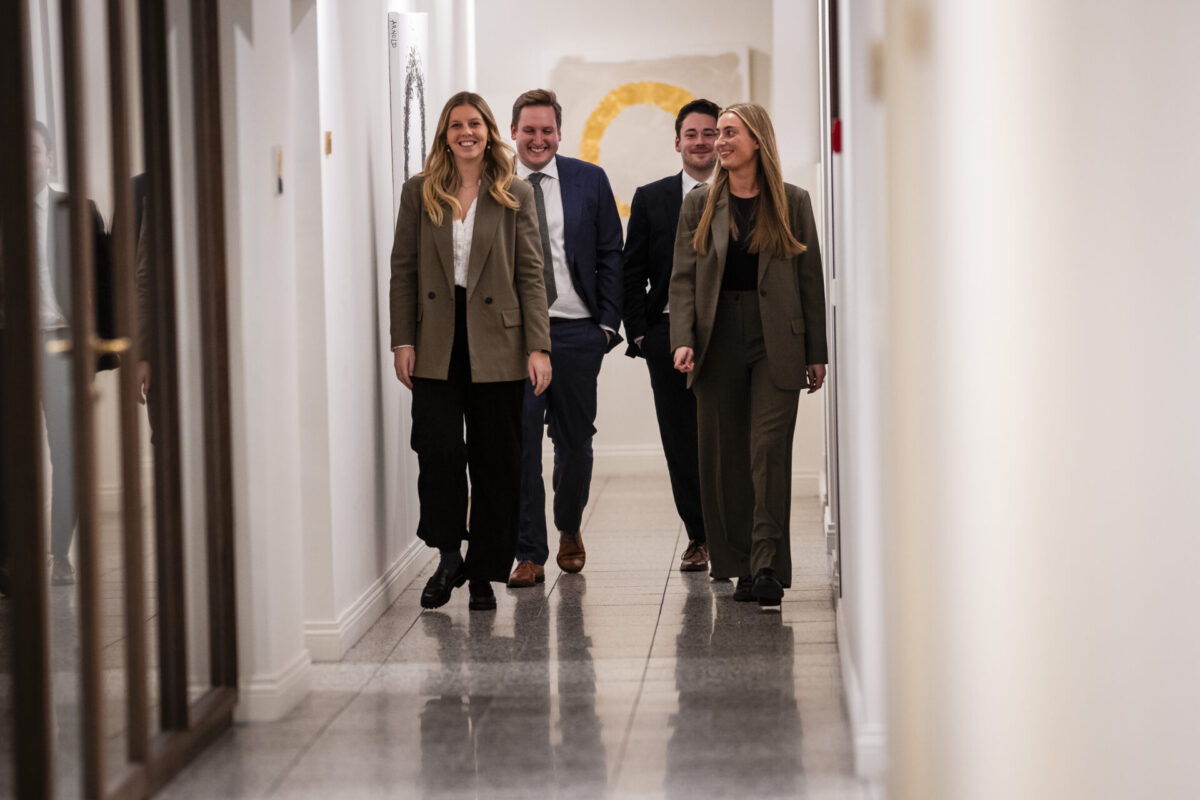Divorce Mutual Consent
Divorce Mutual Consent
Divorce proceedings do not necessarily have to end in a "fighting divorce". You can also be assisted (together or separately) by our firm to make a mutual agreement about both your lives after the divorce.
Such divorce agreement (also called settlement agreement) should provide for a mandatory number of matters on which you need to find an agreement. On the one hand, you have to organise both your lives after the divorce and those of the children. Separate residence of the partners, maintenance and housing of the children are the main factors on which agreement must be found.
On the other hand, you must also come to a division of the movable and immovable assets that are and were in your possession within the marriage.
For many spouses, this form of divorce offers a calm and structured way to separate without having to resort to elaborate pleadings in court. The great advantage of a Divorce Mutual Agreement (EOT) is the fact that you are in control of your settlement. You make essential decisions and choices for the future yourself!
How does this procedure work?
From our in-depth experience in divorce proceedings, we have developed streamlined procedures within our firm to ensure that you can reach a Divorce Mutual Agreement as smoothly as possible.
This unique approach ensures that after your first meeting, you will know perfectly what path will be followed, what steps will be involved and approximately how long the procedure will take.
When you contact us, we will organise an initial meeting by way of intake. You can choose to engage our specialised lawyers together or separately. Depending on this choice, you can have the intake interview with both of you or just with yourself.
If you choose to use our counselling together, we guarantee a neutral approach with respect for both parties and are available for advice for both parties. If you choose to rely on our counselling only for yourself, we will apply the same respect for all parties but primarily represent the interests of you as our client. In the latter case, we will also only advise and guide you.
After the initial intake meeting, we organise an initial meeting where the parties' views are heard and agreements can be sought. If necessary, additional meetings can be organised until a comprehensive agreement can be reached.
Our specialised lawyers then draw up a draft agreement, which is submitted to both parties for their comments, if any. Upon approval of the draft agreement, we will organise a signing moment during which the agreement will be reviewed in detail and then the agreement can be signed.
Finally, you do not need to worry about the administrative side of the proceedings any further. After all, your signed agreement still needs to be homologated by the Family Court to make it enforceable in the future. To take care of this, our office will prepare a petition for homologation and file this petition, together with the signed agreement, with the Family Court. Insofar as the Family Court has no comments or questions, the court proceedings proceed entirely in writing and we are then sent the divorce decree.
The Bannister team
View the entire teamThis is how
it works







